-
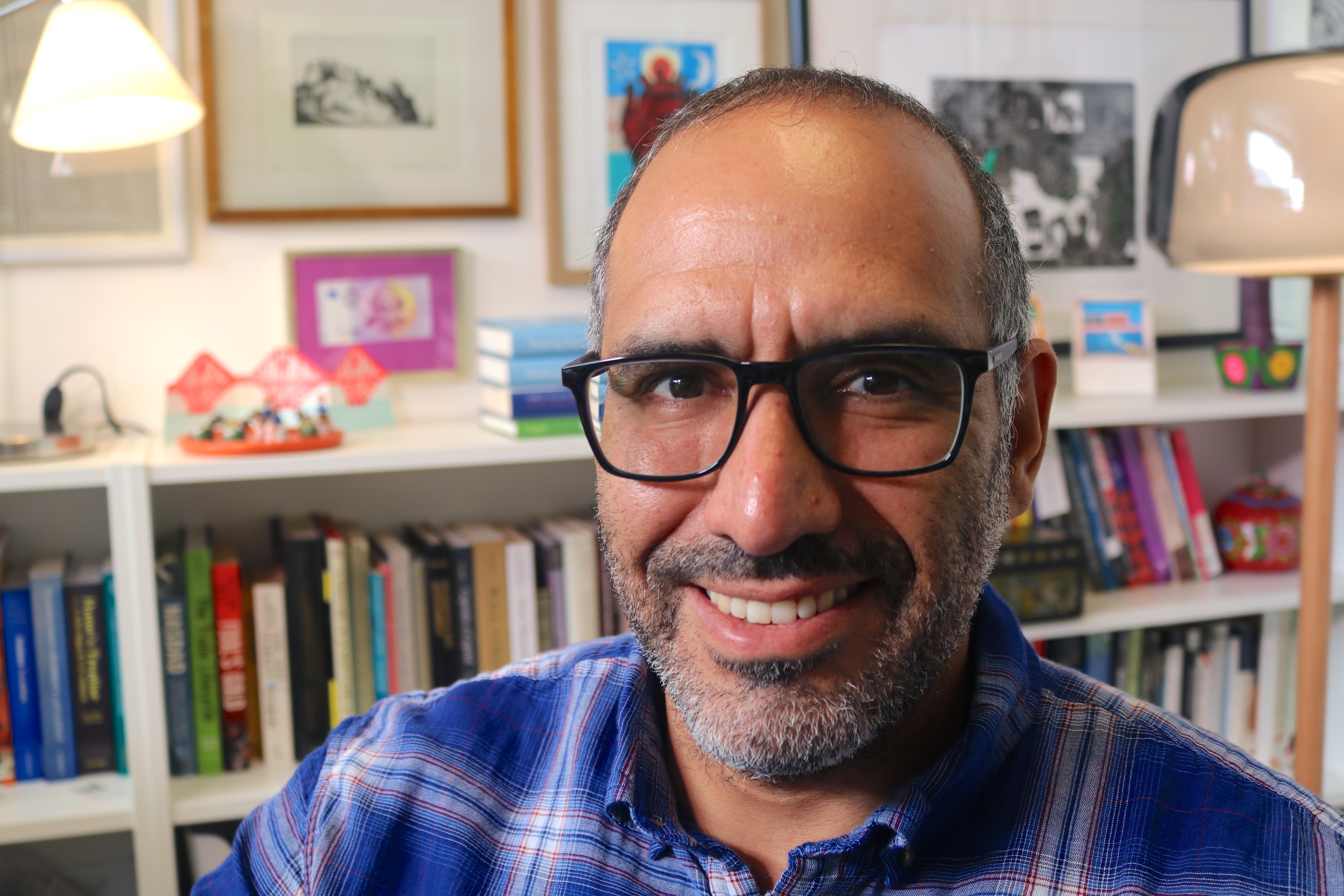
Juan Pablo Pardo Guerra, Ph.D.
Director, Latin American Studies
Associate Professor Sociology Department
email: las-director@ucsd.edu or jpardoguerra@ucsd.edu
Juan Pablo Pardo-Guerra is an Associate Professor in sociology at the University of California, San Diego, a founding faculty member of the Halicioğlu Data Science Institute, co-founder of the Computational Social Science program at UCSD, and Director of the Latin American Studies Program at UC San Diego. His research concerns markets and their location in contemporary societies with an emphasis on finance, knowledge, and organizations. In Automating Finance: Infrastructures, Engineers and the Making of Electronic Markets (Cambridge University Press, 2019), for example, he examines the organizational and political tensions at play in developing some of the key infrastructures of British and American stock markets that automated trading in the late twentieth century. By looking at how experts in telecommunications created novel niches within stock exchanges, Automating Finance shows how these technical workers slowly transformed both the devices and cultures of their organizations, enabling the transition from trading floors to purely electronic exchanges. Automating Finance combines insights across fields, from the theoretical insights from science and technology studies and the analytical lenses of institutional theory, to anthropological discussions of relations and the economic metaphors of market design. Shifting emphasis to processes of marketization in higher education, his most recent book, The Quantified Scholar: How Research Evaluations Transformed the British Social Sciences, studies labor markets in the British academia, demonstrating how market-like interventions of quality assessment introduced in the 1980s transformed the practices, career structures, and disciplines of anthropologists, economists, political scientists, and sociologists working in the United Kingdom. The book is based on a methodological innovation that synthesizes computational techniques with the ethnographic logic of the extended case study. Juan Pablo was trained in physics at the Universidad Nacional Autonoma de Mexico and Science and Technology Studies at the University of Edinburgh. He has held positions at the London School of Economics and Political Science, the Museu Nacional of the Universidade Federal de Rio de Janeiro, and the University of California San Diego. Juan Pablo’s work has been published in Economy & Society, Journal of Cultural Economy, European Societies, Cultural Sociology, Theory & Society, and the British Journal of Sociology.
Website: https://pardoguerra.org/
-
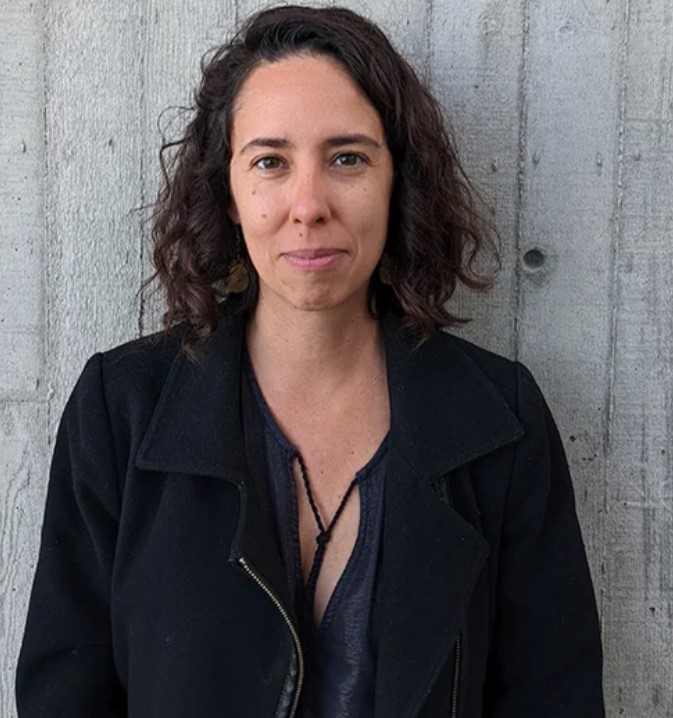
Nydia Pineda de Ávila, Ph.D.
Associate Director, Latin American Studies
Assistant Professor History Department
Email: npinedadeavila@ucsd.edu
Office:
Nydia Pineda de Ávila is Assistant Professor in the Department of History at the University of California San Diego. She completed a PhD at Queen Mary University of London in 2018 and held a postdoctoral fellowship at the Instituto de Investigaciones Estéticas, Universidad Nacional Autónoma de México from 2018 to 2020. She has been a Maria Cassiet short-term fellow at the John Carter Brown Library and a Fletcher Jones fellow in the UC-Huntington Program for the Advancement of the Humanities. In 2020 she and Thomás Haddad co-curated the digital exhibition Constellations: Reimagining Celestial Histories in the Early Americas at the John Carter Brown Library. At UC San Diego, she leads the international media project American Skies: Celestial Images as Technologies of Cultural Transfer with historians of science and filmmakers in Argentina, Brazil, Chile, Colombia, Italy, and Mexico.
Pineda de Ávila works at the intersection of history of science, art history, and history of the book, focusing on the technical, political, and rhetorical function of astronomical images and instruments in a global history of science, art, and technology. Her book project, Paper Moons: The Poetics of Selenographies in the Seventeenth Century, offers the first cultural history of lunar maps in the aftermath of the dissemination of the telescope and the Galilean controversies over the appearance and nature of the Moon. At the Linda Hall Library, she will write the chapter of this work that focuses on epistemic and technical foundations of selenography by examining sixteenth- and early seventeenth-century literature on astrology, celestial navigation, surveying, and chronology.
-
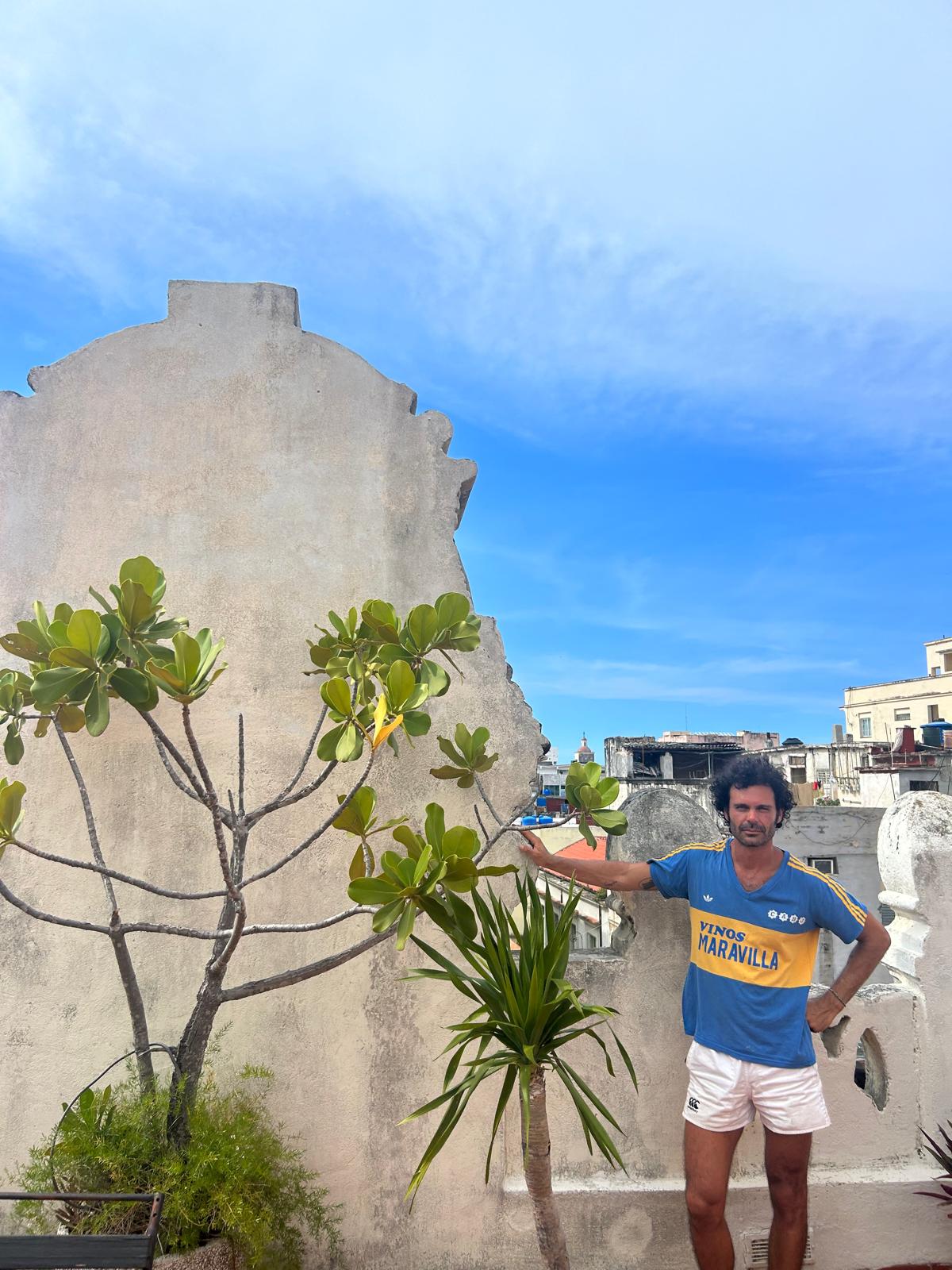
Troy Andreas Araiza Kokinis, Ph.D.
Lecturer, Latin American StudiesEmail: tkokinis@ucsd.eduOffice: LASB 9Troy Andreas Araiza Kokkinis received his PhD in Latin American History in 2019; and an MA from UCSD Latin American Studies Program in 2013. He investigates Uruguay's Cold War-era labor movement in the constitutional dictatorship era, especially situating anarchism within a regional New Left milieu. His book Anarchist Popular Power began circulating in June 2023 via AK Press. It has recently been published in Argentina-Uruguay and Indonesia. He also co-produced a documentary on Latin America’s Feminist Green Wave, titled En la selva no todo se podia ver (2021),
He teaches LATI50: Introduction to Latin American Studies each quarter. He also teaches upper division LAS courses on decolonial theory, Third Cinema, and borderlands cuisine. He has taught in UCSD's Global South Studies Program and Sociology Department; and UCSB's History Department.
He is interested in Anarchism, autonomous Marxism, Third World feminism, culinary arts, and Third Cinema.
He has worked in the food-service and bar industry since age 16 and has continued to do so since beginning to teach at UCSD in 2019. He is currently producing a Persian cocktail recipe book alongside Iranian artist Yalda Sepahpour. He paints signs in the Argentine fileteado porteño style and runs a seasonal pop-up restaurant out of a junkyard, called La Bancarrota.
-
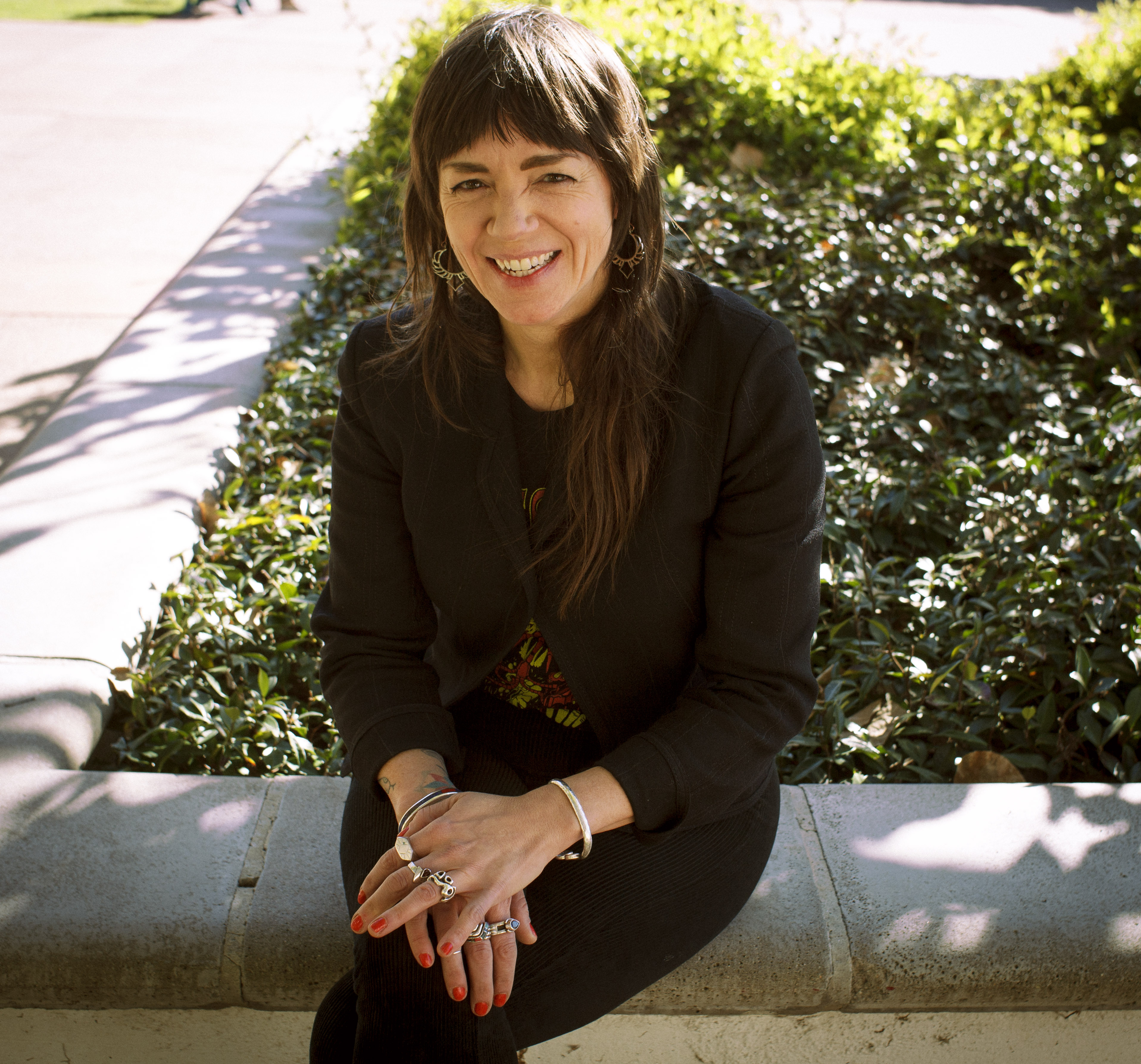
Amy Kennemore, Ph.D.
Lecturer, Latin American Studies
Email: akennemo@ucsd.edu
Office: LASB 5
I have a PhD in Anthropology from the University of California, San Diego and an MA in Latin American Studies from the University of North Carolina, Charlotte, where I was also born and raised. My work deeply collaborative—with local communities, with Indigenous legal activist intellectuals, with networks of autonomous collectives, and with students and academics with whom I’ve worked, learned, organized, and published. Much of my teaching and research focuses on the important tradition of community education and Participatory Action Research (PAR) as a tool for policy innovation (most recently for a National Agenda against Racism and All Forms of Discrimination in Bolivia) and as a tool for collective action (with co-coordinator migrant organizers for the Escuela Libre y Labritorio de Arte, or ELLA, a free school by and for migrant youth (El Comedor and Contra Viento Y Marea collective) Zona Centro, Tijuana. Get in touch if you would like to get involved!
I’m also an artist and musician and enjoy listening to podcasts and gardening for down time.
-
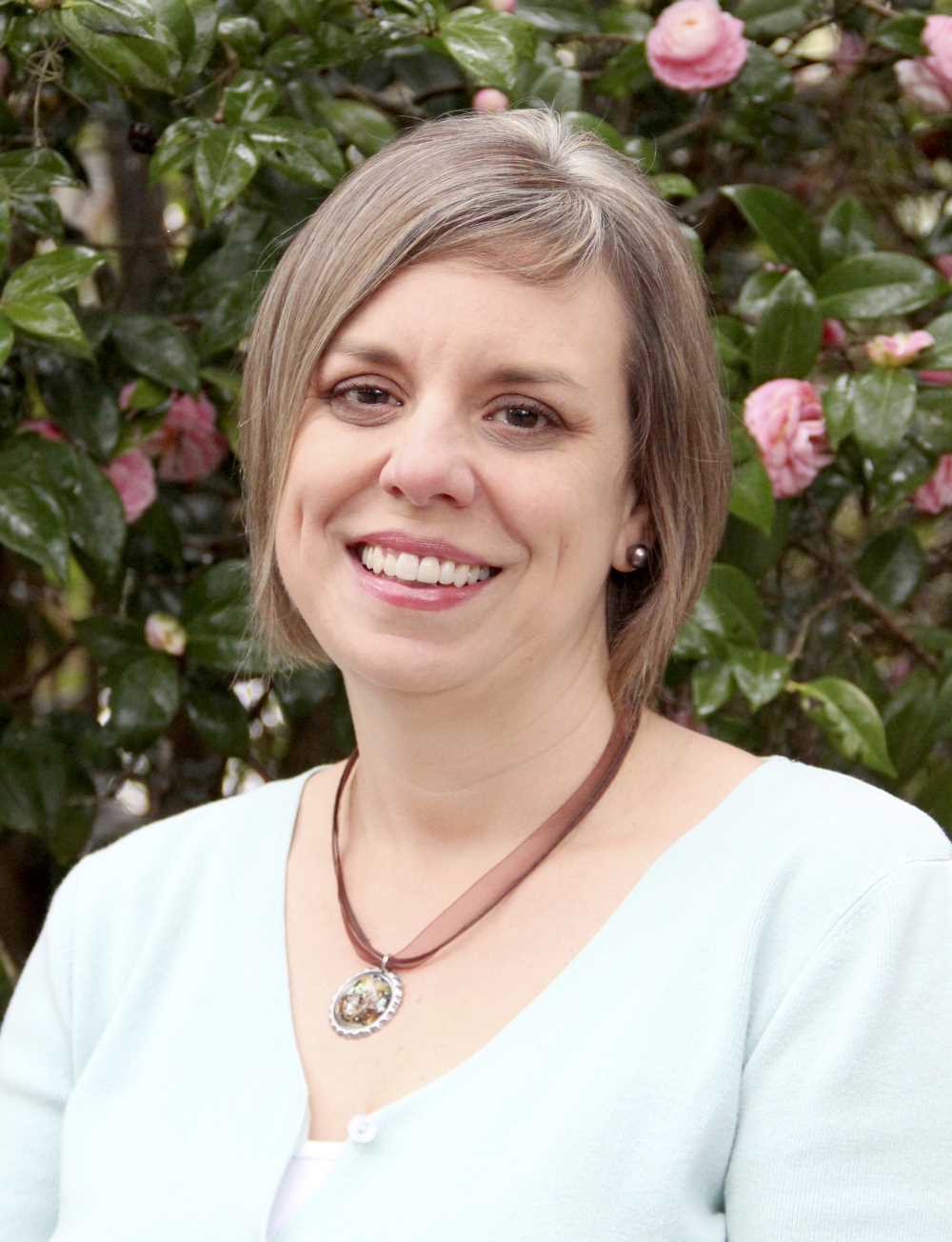
Sarah Buck Kachaluba, Ph.D.
Librarian, Latin American Studies
Email: sbuckkachaluba@ucsd.edu
Phone: 858-534-1270
Office: LASB 12 & Geisel Library- West Wing
Sarah’s historical research focuses on 20th-century women’s history, gender roles, and population and reproductive politics in 20th-century Latin America (especially Mexico) and her library research examines the advantages and disadvantages offered by digital vs. print resources, the development of the e-book, and the future of the book in Spain and Latin America.